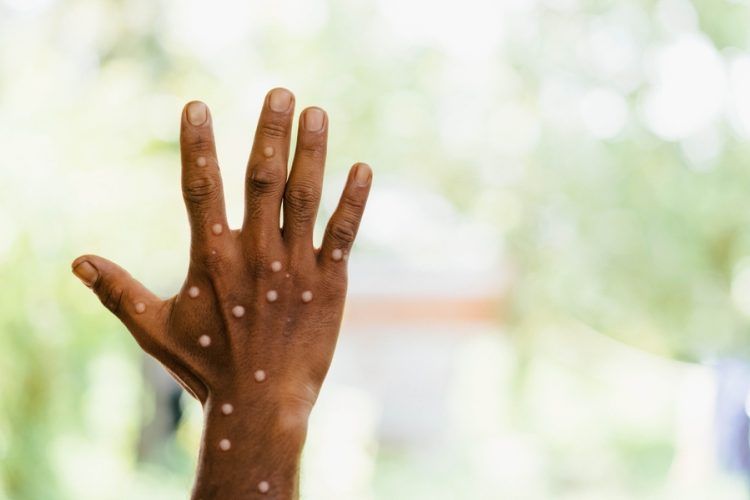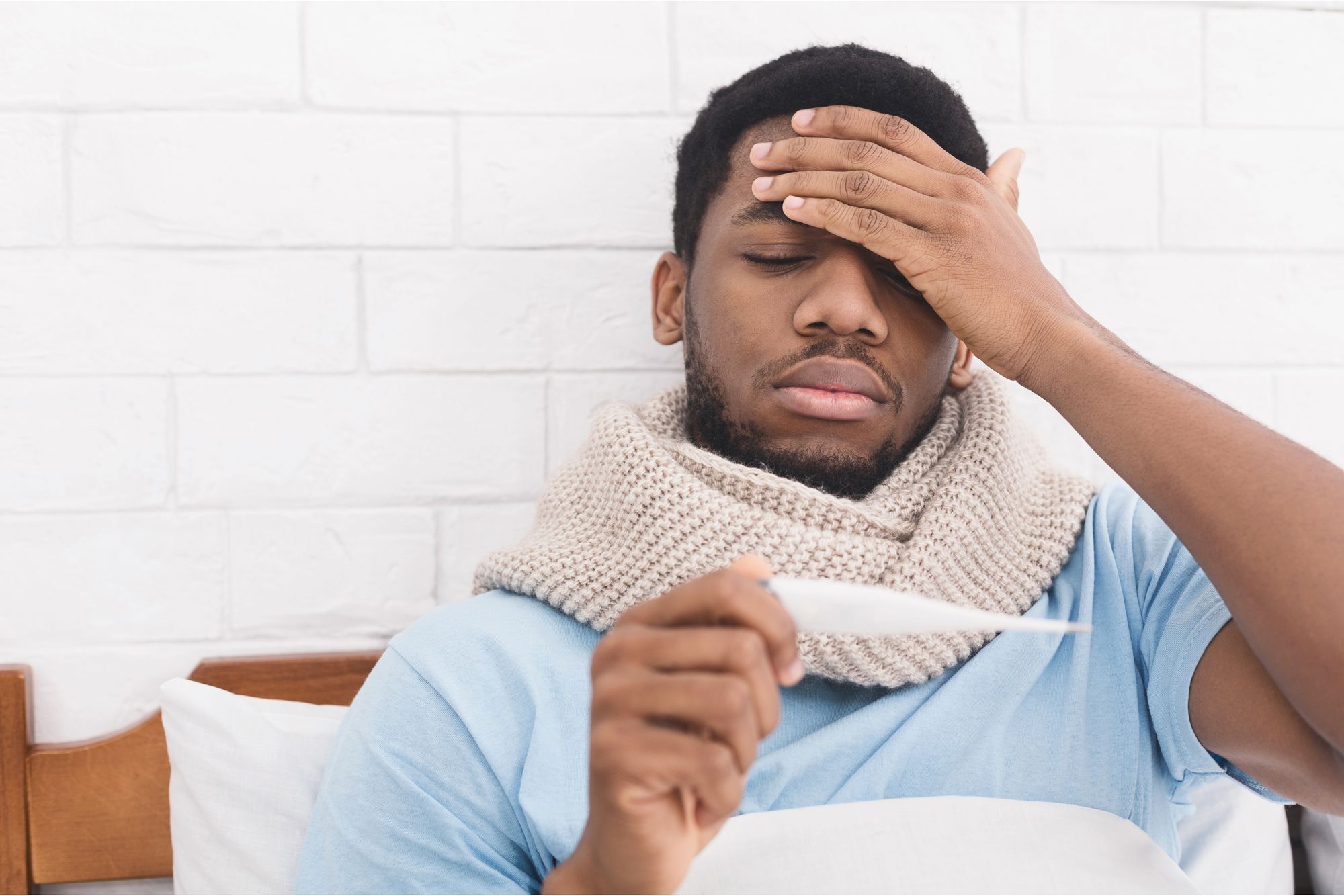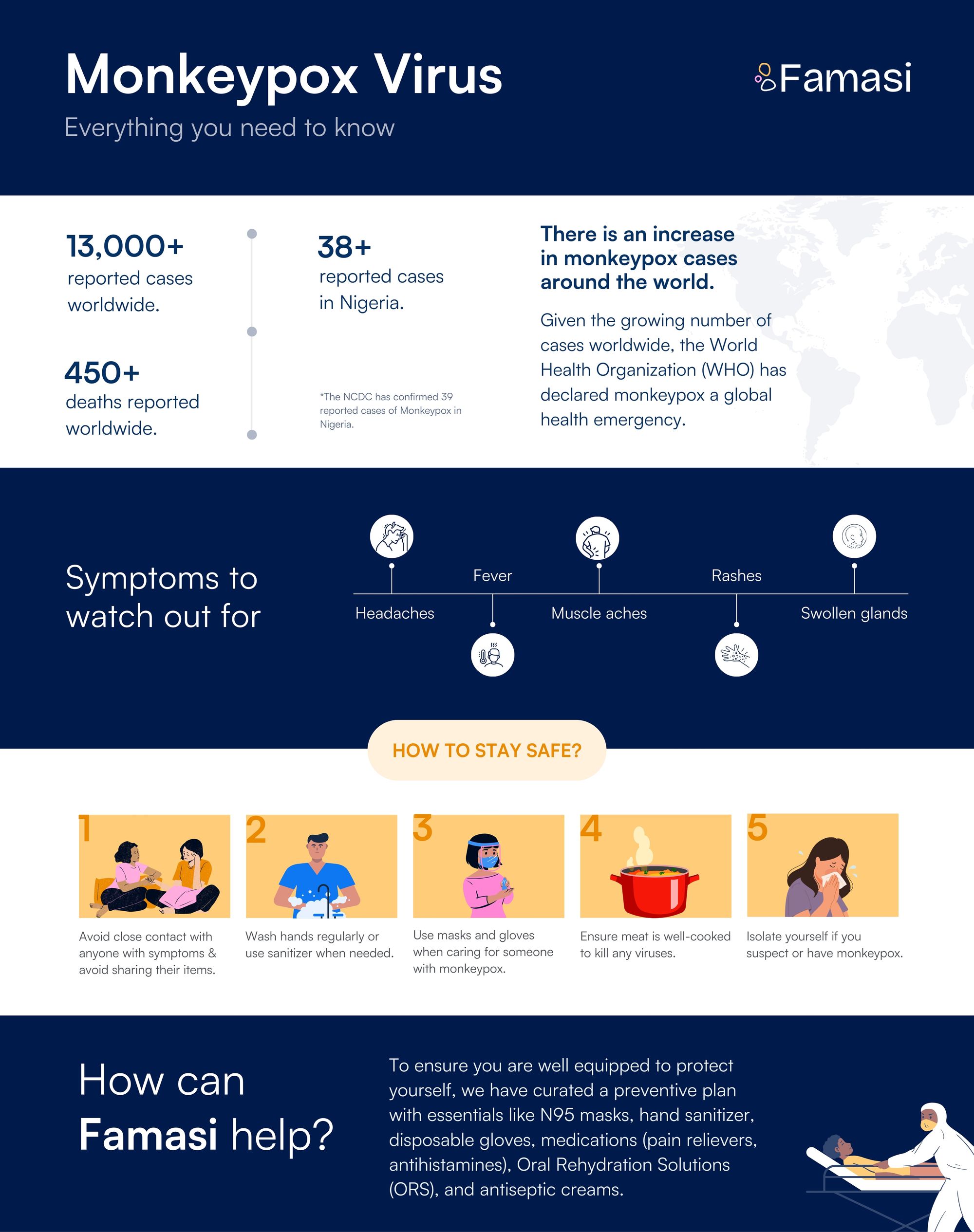Monkeypox Virus: 5 Things You Need to Know and How You Can Protect Yourself

There is an increase in monkeypox cases around the world, with 39 confirmed cases in Nigeria by the Nigeria Centre for Disease Control and Prevention (NCDC). Given the growing number of cases worldwide, the World Health Organization (WHO) has declared monkeypox a global health emergency.
Here’s everything you should know about monkeypox, how it spreads, and what you can do to stay safe.
How Does Monkeypox Get Transmitted?
Monkeypox spreads in a few different ways:
- From Person to Person: You can get affected by being in close contact with someone who’s infected, especially if you touch their rash, sores, or bodily fluids. It is also air-bone which means being close to someone who’s infected, especially if you breathe in droplets from their coughs or sneezes when you're face-to-face with them can cause the virus.
- From Animals to Humans: If an infected animal bites or scratches you, or if you come into contact with its fluids, you could get monkeypox.
- From Contaminated Items: The virus can also spread if you touch objects, clothes, or surfaces that an infected person or animal has touched.

Symptoms to Look Out For
If you’re exposed to monkeypox, symptoms usually show up within 5 to 21 days. You might start with experience the following;
- Fever
- Headaches
- Muscle pain
- Back pain
- Fatigue
- Swollen glands
- Rash could appear, usually starting on your face and spreading to other parts of your body. The rash changes over time, eventually turning into scabs that fall off.

How to Protect Yourself
Here are some simple steps to reduce your risk of getting monkeypox:
- Keep Your Hands Clean: Wash your hands often with soap and water, or use hand sanitizer if soap isn’t readily available.
- Avoid Close Contact: Stay away from anyone who has symptoms, like a rash or sores. Don’t share their bedding, clothes, or personal items.
- Wear Protection: If you’re taking care of someone with monkeypox, use protective gear like masks and gloves. Wash your hands thoroughly immediately after.
- Cook Meat Thoroughly: If you’re handling meat, make sure to cook it well to kill any viruses before consumption.
- Practice isolation: If you have monkeypox or suspect you have the virus, isolate yourself and avoid contact with others until you have been tested and treated.
How Can Famasi Help?
To ensure you are well equipped to protect yourself, we have curated a preventive plan with essentials like N95 masks, hand sanitizer, disposable gloves, medications (pain relievers, antihistamines), Oral Rehydration Solutions (ORS), and antiseptic creams.
If you have been exposed or diagnosed with monkeypox and recovering, our aftercare essentials provides the necessary vitamins and additional support for your speedy recovery.

Do you still have questions?
Here are our additional FAQ's to help you understand better;
- Is monkeypox the same as smallpox?
No, monkeypox is related to smallpox but is much less severe. Smallpox has been eradicated, while monkeypox still occurs in some regions.
- Can monkeypox be fatal?
While most cases are mild, monkeypox can be serious, especially for people with weakened immune systems. The fatality rate varies but is generally low.
- Can monkeypox reoccur after recovery?
Currently, there is no evidence that monkeypox recurs after recovery. Once you recover, you are likely immune to that strain.
- How long can the virus live on a surface?
There is no specific timeframe for how long the virus may survive on surfaces, but the CDC shared that one study has shown it can survive as long as 15 days under the optimal circumstances – dark, cool, low-humidity places.
- How long does monkeypox treatment last?
Treatment usually lasts 2 to 4 weeks. The duration may vary depending on the severity of the infection and individual response to treatment.
- Can essential plans help prevent monkeypox transmission?
Yes, care packages with PPE and hygiene products can help prevent transmission, especially for those isolating or caring for someone with monkeypox.
- How long should someone with monkeypox isolate?
You should isolate until all lesions have scabbed over, fallen off, and new skin has formed. This process typically takes 3 to 4 weeks.
- Is monkeypox sexually transmitted?
Monkeypox is not classified as a sexually transmitted infection, but it can spread during intimate contact due to skin-to-skin exposure.
